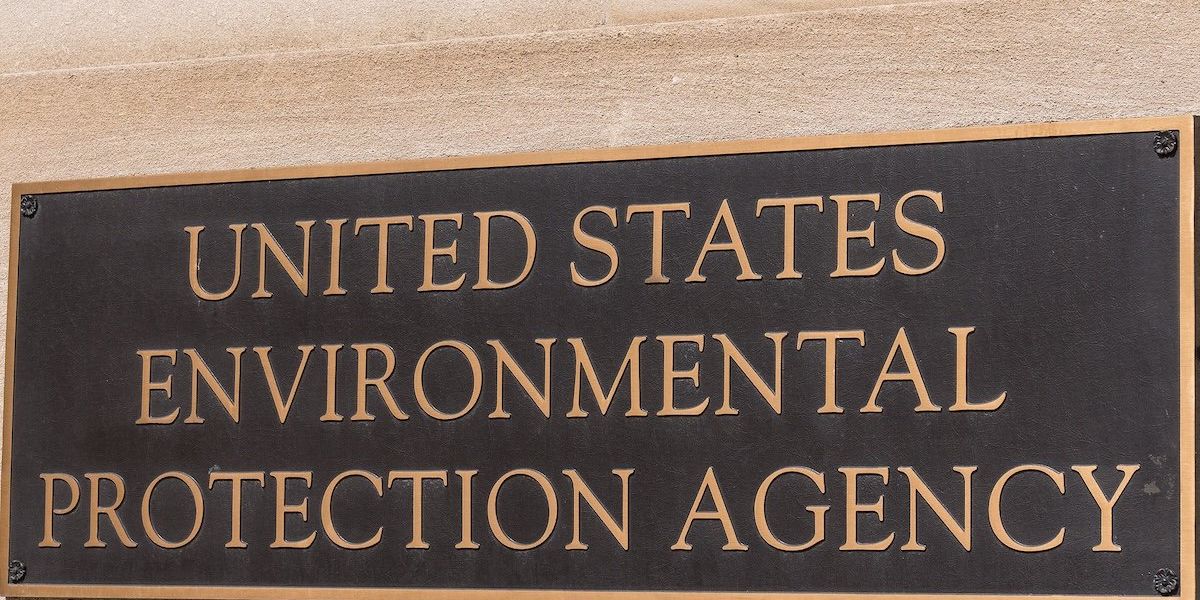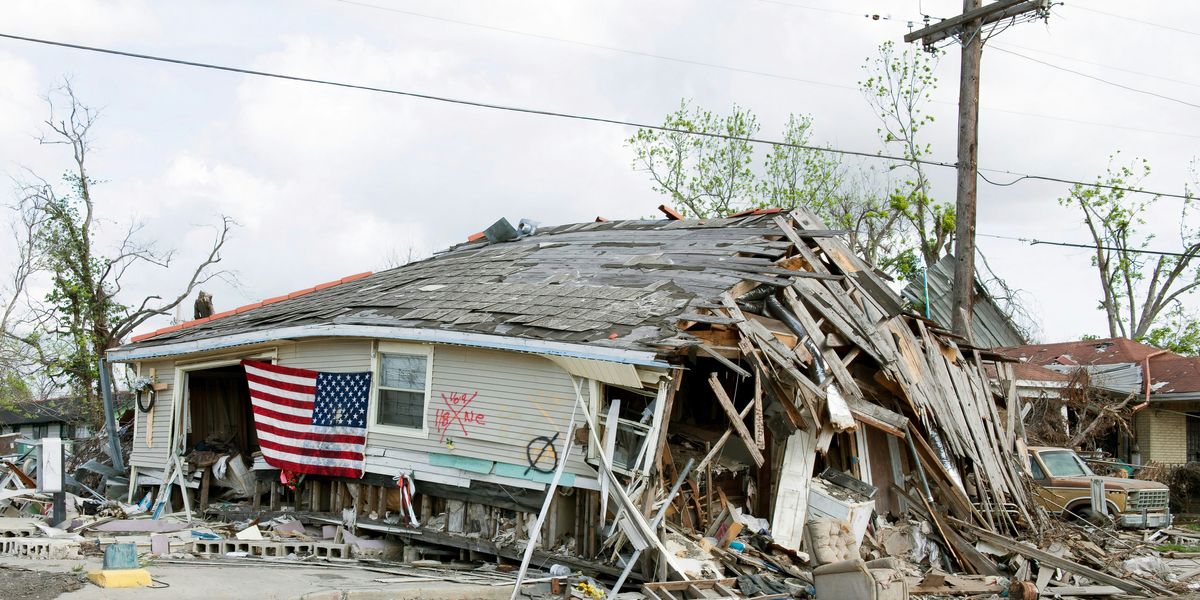south africa
Johannesburg grapples with severe water shortage
Johannesburg is facing a critical water crisis, leaving millions scrambling for essential supplies.
In short:
- Johannesburg's water crisis, marked by long queues for water, stems from a combination of hot weather, failing infrastructure, and poor management.
- The term "watershedding" has been coined, reflecting the severity of water shortages, akin to the electricity "loadshedding" the country already endures.
- A staggering 40% of the city's water is lost to leaks, highlighting the dire state of its water infrastructure.
Key quote:
"We are really struggling. We need to cook, and children must also attend school. We need water to wash their clothes. It’s very stressful."
— Tsholofelo Moloi, a resident of Soweto
Why this matters:
Global water shortages are becoming a pressing issue, affecting millions of people. This crisis stems from a combination of climate change, population growth, and inefficient water use, which together exacerbate the scarcity of this vital resource.
By 2050 many of the world's major cities will face surface water shortages, spurring regional conflict and competition for scarce resources.
Podcast: The hidden toll of electric cars
Local business group tries to keep South Africa's coal plants alive
Business interests in South Africa’s electricity capital want to keep coal-fired power plants running, despite government plans to phase out the fuel and concerns by some in the local communities.
Privileged lifestyles of rich are driving urban water crises
The unsustainable consumption of the rich — including the use of swimming pools, garden irrigation and washing cars — is a key driver of urban water crises, according to a new study that calls for a fresh approach to tackling the issue.
South African president declares ‘state of disaster’ over power crisis
Trade partners see red over Europe’s green agenda
A $20 billion deal aims to help Indonesia quit coal. Will it work?
The climate-finance deal, unveiled at the Group of 20 leaders summit in Bali, marks a significant step toward slashing the world’s dependence on fossil fuels, even as prospects fade for any ambitious agreement at the U.N. Climate Change Conference in Egypt.



















